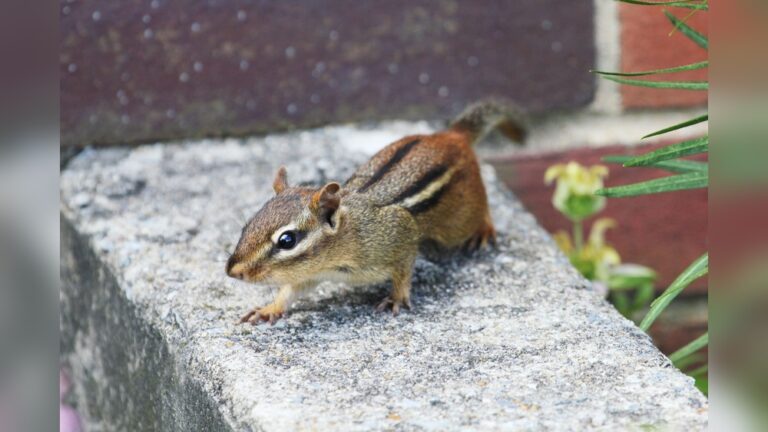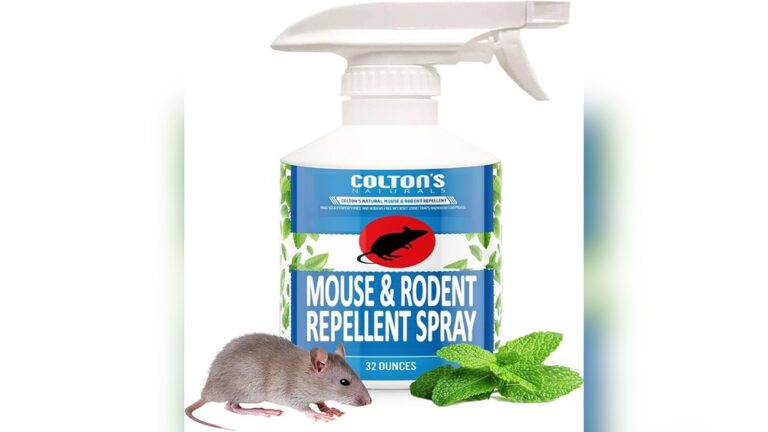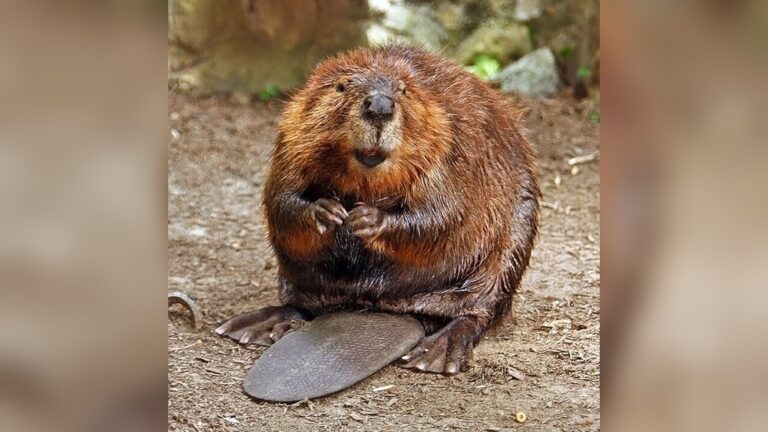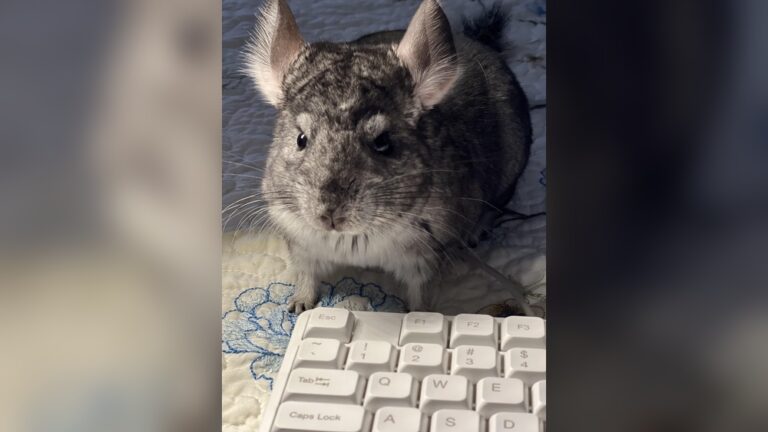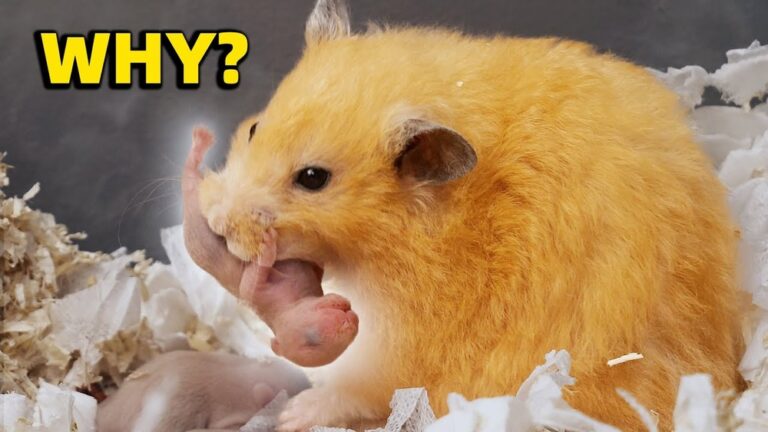Can Guinea Pigs Eat Cat Grass: Essential Facts You Need to Know
If you have a guinea pig, you probably want to give it the best and safest food possible. You might have seen cat grass growing in your home and wondered, “Can my guinea pig eat this?”
It’s natural to want to share fresh greens with your furry friend, but not all plants are safe for them. You’ll discover whether cat grass is a good choice for your guinea pig and what you should watch out for.
Keep reading to learn how to keep your pet happy and healthy with the right diet.
Guinea Pig Diet Basics
Guinea pigs need a balanced diet to stay healthy and active. Their diet mainly includes fresh vegetables, hay, and specially made pellets. Water is also very important and should be available all the time. Knowing what to feed your guinea pig helps prevent health problems and keeps them happy.
Diet basics involve giving the right nutrients every day. Too much of one food can cause issues. Variety and moderation are key to a good guinea pig diet.
Key Nutritional Needs
Guinea pigs need vitamin C because they cannot make it themselves. Fresh vegetables like bell peppers and kale are good sources. Hay provides fiber, which helps with digestion. Protein is important but should come from pellets and some vegetables. Water keeps them hydrated and supports all body functions.
Safe And Unsafe Foods
Safe foods include fresh hay, leafy greens, and some fruits in small amounts. Avoid foods high in sugar or fat, like chocolate or nuts. Some plants are toxic, such as onions and potatoes. Always check if a new food is safe before feeding it to your guinea pig. Clean, fresh food reduces the risk of illness.

Credit: www.westcoastseeds.com
What Is Cat Grass?
Cat grass is a type of grass grown especially for cats to chew on. It is safe and non-toxic. Many pet owners use cat grass to give their animals a natural treat. The grass helps cats with digestion and can prevent hairballs.
Besides cats, other small pets like guinea pigs might enjoy cat grass too. Understanding what cat grass is can help you decide if it is good for your pet.
Common Types
The most common type of cat grass is wheatgrass. It looks like thin green blades. Other types include barley grass and oat grass. These grasses are easy to grow and safe for pets. They have no chemicals or fertilizers.
Each type has a mild taste that pets usually like. The grasses contain vitamins and fiber. This makes them healthy snacks for animals.
Growth And Availability
Cat grass grows quickly, usually in 7 to 10 days. It needs sunlight and water to thrive. You can grow it indoors in small pots. Many pet stores sell ready-to-grow cat grass kits.
It is widely available online and in garden centers. Growing your own cat grass is simple and low-cost. Fresh grass is better than dried hay for pets.
Feeding Cat Grass To Guinea Pigs
Feeding cat grass to guinea pigs can be a topic of interest for many pet owners. Cat grass usually includes types like wheatgrass or oat grass. These grasses might offer some fresh greens to your guinea pig’s diet. It is important to know both the benefits and risks before offering cat grass to your pet.
Potential Benefits
Cat grass can provide extra fiber to your guinea pig’s diet. Fiber helps with digestion and keeps the gut healthy. It also offers a source of vitamins like vitamin A and C. These vitamins support the immune system and skin health. Fresh grass can also encourage natural chewing behavior. Chewing helps keep guinea pig teeth from growing too long.
Possible Risks
Not all cat grass is safe for guinea pigs. Some grasses may contain pesticides or chemicals. These can harm your pet’s health. Overfeeding grass can cause digestive problems like diarrhea. Some grasses may also contain seeds or parts hard to digest. Always check the source and type of grass before feeding. Introduce cat grass slowly to watch for any reaction.
How To Introduce Cat Grass
Introducing cat grass to your guinea pig can be a great way to add variety to their diet. It provides fresh greens that many guinea pigs enjoy. Start slowly to help your pet adjust to the new food. Watch how they react to ensure they like it and tolerate it well.
Portion Size
Begin with a small amount, about one or two blades of grass. This helps avoid stomach upset. Increase the amount gradually over a few days. Keep the portion size moderate to prevent overfeeding. Fresh grass should never replace their main diet of hay and pellets.
Observation Tips
Watch your guinea pig closely after offering cat grass. Look for signs of interest or refusal. Check for any changes in droppings or behavior. Stop feeding cat grass if you see any signs of illness. Always keep fresh water available during this introduction.
Alternatives To Cat Grass
Guinea pigs need fresh greens for a healthy diet. Cat grass is not always the best choice. There are many safe and tasty alternatives. These options provide good nutrition and keep your pet happy.
Recommended Greens
Try fresh parsley, which is rich in vitamin C. Romaine lettuce is another good choice, gentle on their stomach. Spinach offers iron and other nutrients, but feed in small amounts. Cilantro adds flavor and nutrients without harm. Dandelion leaves are safe and healthy, but pick them from clean areas.
Homemade Options
Grow your own greens at home. Plant herbs like basil, mint, or thyme. These herbs are safe and fresh. You can also grow small pots of kale or arugula. Homemade options ensure no chemicals or pesticides. They are fresh and easy to reach for your pet.
Signs Of Food Sensitivity
Guinea pigs can have sensitive stomachs. They may react to new foods like cat grass. Knowing the signs of food sensitivity helps keep them healthy. Watch your pet closely after feeding cat grass.
Digestive Issues
Stomach pain and bloating are common signs. Diarrhea or soft stools may appear soon after eating. Loss of appetite can also mean trouble. Your guinea pig might strain during bathroom visits. These symptoms suggest food does not agree with them.
Behavioral Changes
Changes in mood or activity level are warning signs. Your guinea pig may hide more than usual. It might stop playing or exploring. Restlessness or unusual quietness can also happen. These behaviors often show discomfort or pain.
Expert Recommendations
Experts offer valuable advice on feeding cat grass to guinea pigs. Their insights help pet owners ensure safe and healthy diets. Knowing expert opinions guides better care decisions for your furry friend.
Veterinarian Advice
Most veterinarians agree that cat grass is safe for guinea pigs in small amounts. It provides fiber and helps digestion. Avoid overfeeding to prevent stomach upset. Always introduce new foods slowly. Watch for any signs of allergies or discomfort. Consult your vet if unsure about diet changes.
Trusted Resources
Reliable pet care websites and animal nutrition guides support using cat grass as a treat. They recommend fresh, pesticide-free grass only. Some resources warn against grass with chemicals or mold. Follow guidelines on serving size and frequency. Trusted sources stress variety in diet for balanced nutrition.
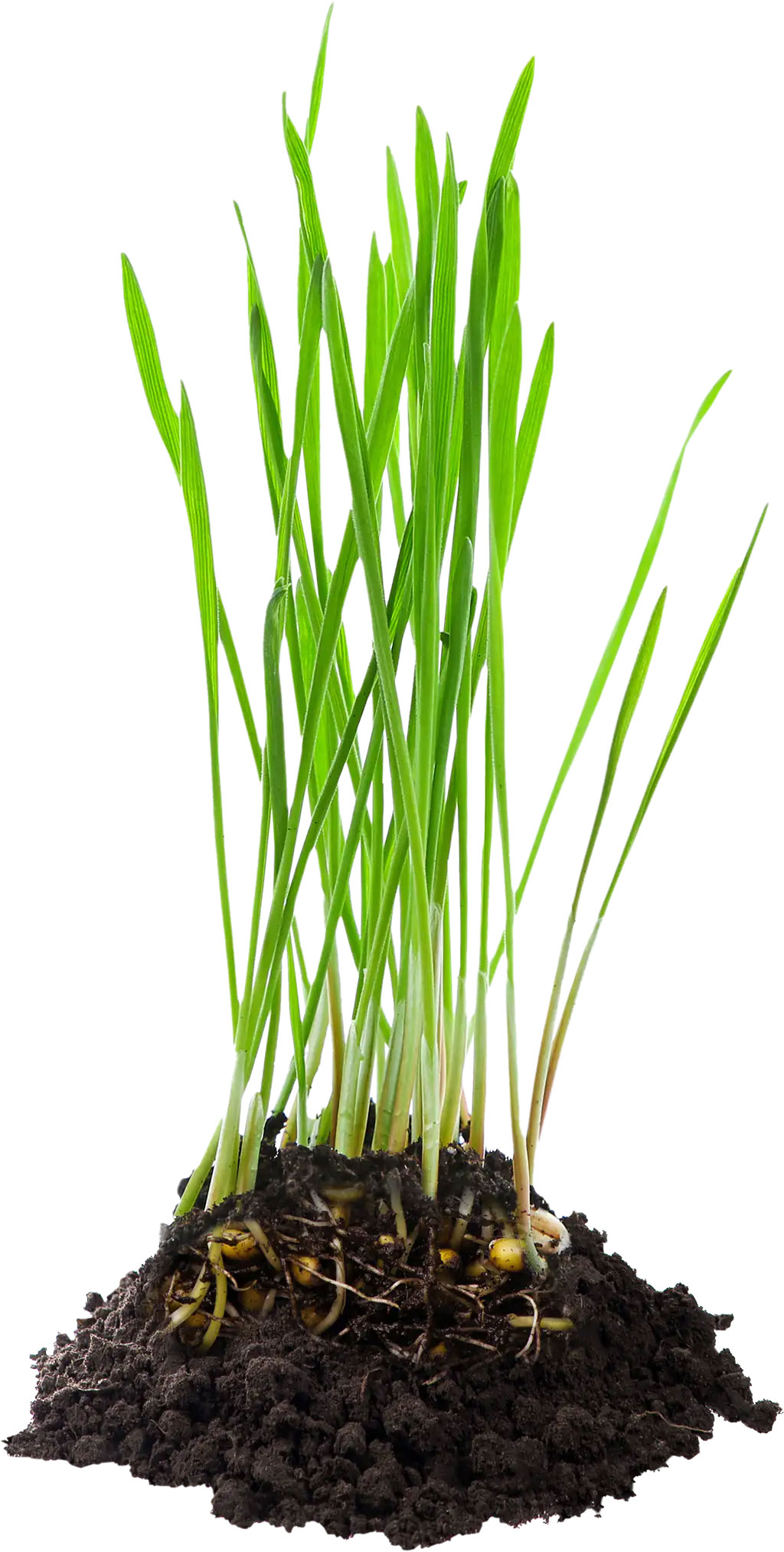
Credit: www.petgreens.com

Credit: www.youtube.com
How Smart Pets Lover Can Help You with Can Guinea Pigs Eat Cat Grass
Learning More Through Thoughtful Feeding
Understanding whether guinea pigs can eat cat grass opens a wonderful doorway to practical learning about your pet’s diet basics and how to introduce new foods safely. Observing your furry friend’s reaction to cat grass can teach you to recognize signs of food sensitivity early, ensuring their comfort and health. This hands-on approach deepens your connection and confidence as a pet parent—something we at Smart Pets Lover truly value.
- Try offering small amounts of cat grass alongside their regular hay to see how they respond.
- Keep an eye out for any digestive changes or unusual behavior, which can be a helpful cue for food sensitivity.
- Compare cat grass with alternative greens to discover what your guinea pig enjoys most and what benefits them nutritionally.
Remember, learning comes from observing and adapting. For any concerns or personalized advice, reaching out to a trusted vet or pet nutritionist can provide reassurance and expert insight. After all, every wag, purr, and chirp tells a story worth listening to.
Frequently Asked Questions
Can Guinea Pigs Safely Eat Cat Grass?
Yes, guinea pigs can safely eat cat grass. It is non-toxic and rich in fiber. Cat grass supports their digestion and provides essential nutrients. Always introduce it gradually and ensure it is pesticide-free.
How Much Cat Grass Should Guinea Pigs Eat?
Feed guinea pigs small amounts of cat grass daily. Overfeeding can cause digestive issues. A few blades mixed with their regular hay and veggies is ideal for balanced nutrition.
Is Cat Grass Better Than Regular Hay For Guinea Pigs?
Cat grass complements but does not replace regular hay. Hay remains essential for guinea pigs’ dental health and digestion. Use cat grass as an occasional treat, not a staple food.
Can Cat Grass Cause Health Problems In Guinea Pigs?
Cat grass rarely causes health problems if clean and pesticide-free. Avoid moldy or chemically treated grass to prevent illness. Watch for any allergic reactions or digestive upset after feeding.
Conclusion
Guinea pigs can safely eat cat grass in small amounts. It provides extra fiber and a fresh taste they enjoy. Always introduce new foods slowly to watch for any reactions. Avoid grass with chemicals or pesticides to keep pets healthy.
Fresh, clean cat grass can be a nice treat for your guinea pig. Remember, variety in their diet helps keep them happy and healthy. Keep their main food as hay and pellets for balanced nutrition. Treat cat grass as a small, occasional snack only.

